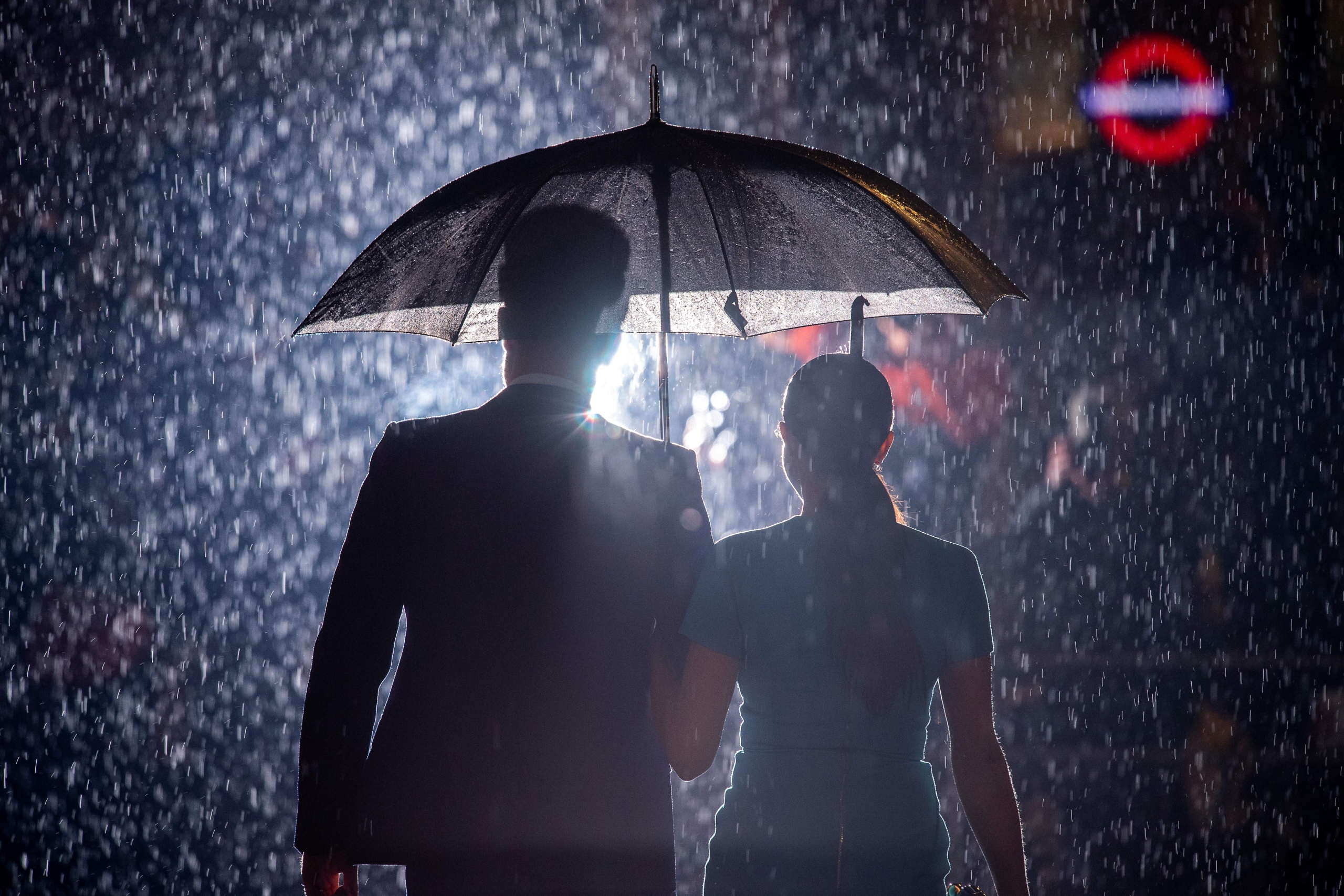Sign up for The Media Today, CJR’s daily newsletter.
The Sun, a British tabloid and the UK’s second-highest-selling print newspaper, recently posted £68 million ($84 million) in losses for the past year, £54 million of which are its legal fees in an ongoing battle against phone-hacking claims. Rupert Murdoch’s News Group Newspapers, which publishes The Sun, is liable in any convictions or settlements. According to Byline Investigates, the phone-hacking scandal has cost Murdoch an estimated £1 billion ($1.2 billion) so far.
The damages, perhaps the greatest censure Murdoch has faced in decades of big-media ownership, stem from an unlikely beginning. One of the first actions against Murdoch’s now-shuttered tabloid News of the World dates back to 2005, when Prince William alleged that the company had hacked into his voicemails and published information it found. A slew of charges followed from a succession of celebrities, politicians, and the victims of violent crimes and terrorist attacks, all of which were settled before going to trial.
Another member of the royal family has since picked up the fight: Prince Harry, Duke of Sussex. In September, he charged both The Sun and News of the World with misusing his private information. The duke is also suing the publishers of the Daily Mirror, a rival tabloid, for unlawful reporting activities.
It is possible that the duke, who is sixth in line to the throne, will at some point take the stand to testify against a major media outlet. For a prominent member of the royal family to give evidence and be cross-examined in court would be uncharted ground in the UK. It would also be a new milestone in the duke’s ongoing battle against the press.
Days after the duke filed his claims, his wife, Meghan, Duchess of Sussex, filed her own suit against Associated Newspapers Ltd. (now DMG Media), publisher of the Mail on Sunday, alleging breach of copyright, breach of data protection, and misuse of private information. The Mail on Sunday had published a letter the duchess sent to her father, Thomas Markle, in which she complained that he had mistreated her.
As in the duke’s case, a trial between the duchess and Associated Newspapers Ltd. would be unprecedented. Courtroom testimony would be even more stunning in this instance because the subject matter is so personal.
In January, Associated Newspapers Ltd. filed its legal defense to the duchess’s suit, seeking disclosure of any communication between the duchess and her friend Jessica Mulroney, a Canadian fashion stylist, in which the duchess asked Mulroney to intervene in the publication of a Mail on Sunday interview with Gina Nelthorpe-Cowne, a former adviser to the duchess. The defense argued that the duchess’s communications with Mulroney were “relevant to the case and public domain because she is a senior royal, living on the Sovereign Grant.”
The British Data Protection Act regulates the collection, retention, use, and disclosure of any information about a living person. Individual rights to information privacy are balanced against the legitimate needs of others to collect and use people’s details, including for the purposes of journalism.
A lawyer for Associated Newspapers Ltd. had no comment on whether the threat of the communication between the duchess and Mulroney becoming public was part of the Sussexes’ decision, on January 8, to step down as senior members of the royal family. The duchess’s lawyer declined to comment.
Prince Harry has not shied away from public confrontation with the press since his relationship with Meghan began. In 2016, he published a letter to the press that accused papers of “abuse and harassment” with “racial undertones” against Meghan. Last fall, shortly after the Sussexes filed their claims against the tabloids, they gave a televised interview. “Every single time I see a [camera] flash, it takes me straight back,” the duke said, referring to the press tailing his mother, Diana, Princess of Wales. “It’s the worst reminder of her life, as opposed to the best.” The duke also published a letter on his website that accused the press of bullying: “I’ve seen what happens when someone I love is commoditised to the point that they are no longer treated or seen as a real person,” he wrote. “I lost my mother and now I watch my wife falling victim to the same powerful forces.”
LOOK: Some of the worst takes of the coronavirus, animated
It remains to be seen whether the Sussexes’ public opposition to the tabloids means that they will now be willing to take their lawsuits to public trial.
A first hearing in one case will take place this week. It comes at around the same time as the couple, who were pictured recently in flattering paparazzi pictures delivering food to the needy in their new home of Los Angeles, announced they will no longer deal with the press.
Has America ever needed a media defender more than now? Help us by joining CJR today.



